This success reflects years of investment by the Chinese government and close ties with the technology industry.
For the first time, Tsinghua holds the No. 1 position on both the US News Best Global Universities rankings and CSRrankings - a system that is considered objective by the research community, based on the number of scientific publications at leading conferences on artificial intelligence, computer systems, theory and interdisciplinary research. With this result, Tsinghua has surpassed Carnegie Mellon University (USA), the name that has held the No. 1 position for many years.
Notably, China’s Shanghai Jiao Tong University, Zhejiang University and Peking University also ranked 3rd, 4th and 5th respectively in the field of Computer Science. In the current top 10, the number of Asian universities is on par with the US, showing the region’s growing strength in this field.
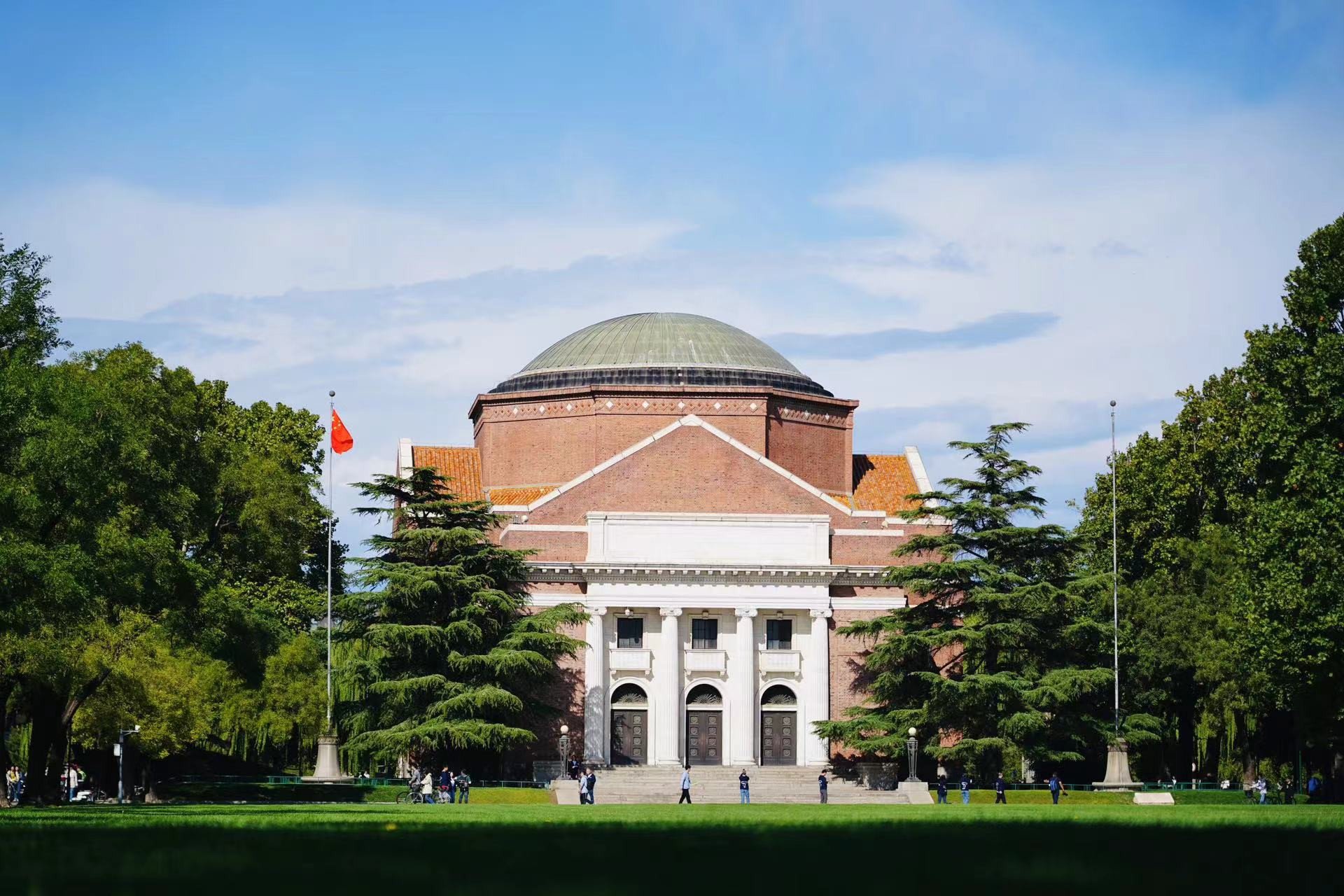
For decades, the United States has been considered the “cradle” of modern computer science – from the first electronic computer to the birth of the Internet. Prestigious schools such as MIT, Stanford, Carnegie Mellon or UC Berkeley not only laid the foundation for the industry but also trained generations of scientists and engineers who contributed to building Silicon Valley and the global technology industry.
Unlike rankings that rely heavily on reputation like US News & World Report, CSRankings, founded by Professor Emery Berger (University of Massachusetts Amherst, USA), is entirely data-based and transparent.
Tsinghua also topped the SCImago Institutions Rankings for computer science, a ranking based on scientific publications and patents in the Scopus database. In this table, all 10 leading positions belong to Chinese universities, with Stanford ranked 11th.
According to analysts, Tsinghua University’s success comes from years of strong government investment, policies encouraging international publications, as well as attracting talent from abroad. Thanks to that, the school’s faculty and researchers are holding a leading position in hot fields such as artificial intelligence and computer systems.
However, US schools still hold the advantage in core areas such as algorithms, computational complexity and cryptography - showing that traditional strengths have not been lost.
Another notable point is that Chinese universities, including Tsinghua, have not been able to reach the top group of the Times Higher Education (THE) or QS rankings - which rely heavily on global academic reputation surveys. In the latest THE rankings, Peking University and Tsinghua ranked 12th and 13th respectively in computer science.
According to SCMP, this gap reflects that although China has made great strides in the quantity and quality of research, it has yet to catch up in terms of global academic reputation.
Many experts predict that if they continue to promote international cooperation, develop open source ecosystems and train talents, Chinese schools can account for half of the top 10 CSRrankings within the next 5 years.
Source: https://vietnamnet.vn/dai-hoc-trung-quoc-lan-dau-vuot-my-dan-dau-bang-xep-hang-khoa-hoc-may-tinh-2448914.html



![[Photo] General Secretary To Lam receives President of the Senate of the Czech Republic Milos Vystrcil](/_next/image?url=https%3A%2F%2Fvphoto.vietnam.vn%2Fthumb%2F1200x675%2Fvietnam%2Fresource%2FIMAGE%2F2025%2F11%2F21%2F1763723946294_ndo_br_1-8401-jpg.webp&w=3840&q=75)
![[Photo] President Luong Cuong receives Speaker of the Korean National Assembly Woo Won Shik](/_next/image?url=https%3A%2F%2Fvphoto.vietnam.vn%2Fthumb%2F1200x675%2Fvietnam%2Fresource%2FIMAGE%2F2025%2F11%2F21%2F1763720046458_ndo_br_1-jpg.webp&w=3840&q=75)
![[Photo] Visit Hung Yen to admire the "wooden masterpiece" pagoda in the heart of the Northern Delta](/_next/image?url=https%3A%2F%2Fvphoto.vietnam.vn%2Fthumb%2F1200x675%2Fvietnam%2Fresource%2FIMAGE%2F2025%2F11%2F21%2F1763716446000_a1-bnd-8471-1769-jpg.webp&w=3840&q=75)

![[Photo] National Assembly Chairman Tran Thanh Man holds talks with President of the Senate of the Czech Republic Milos Vystrcil](/_next/image?url=https%3A%2F%2Fvphoto.vietnam.vn%2Fthumb%2F1200x675%2Fvietnam%2Fresource%2FIMAGE%2F2025%2F11%2F21%2F1763715853195_ndo_br_bnd-6440-jpg.webp&w=3840&q=75)
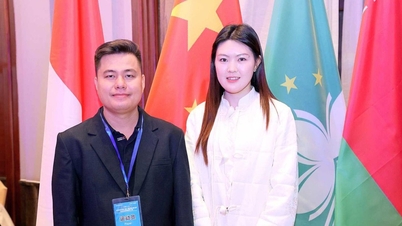

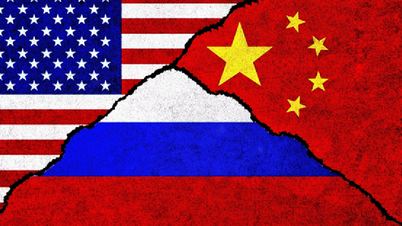




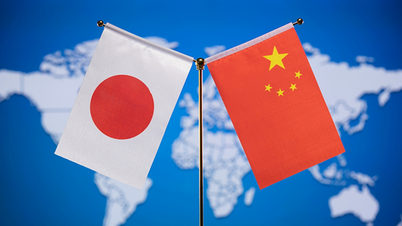



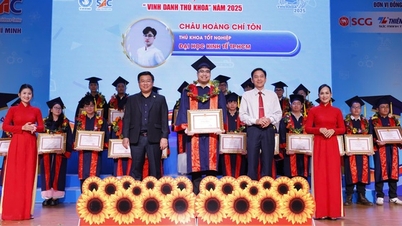











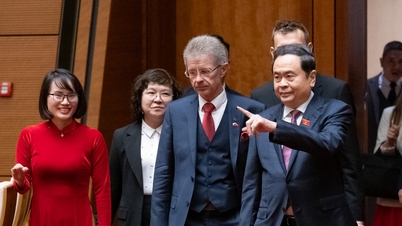
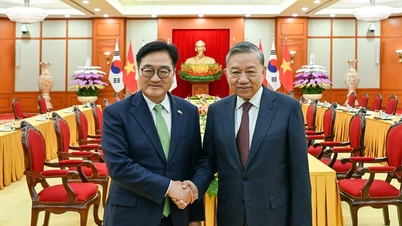

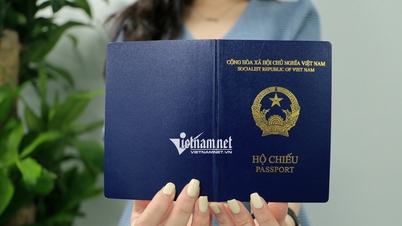
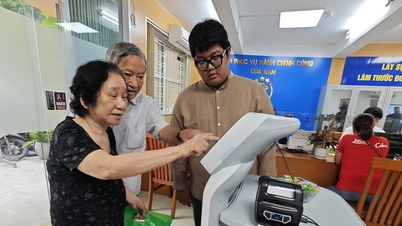










































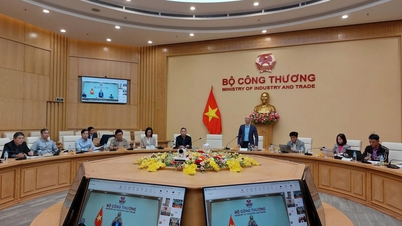










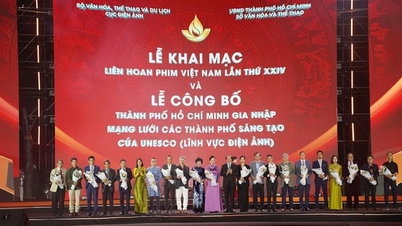


















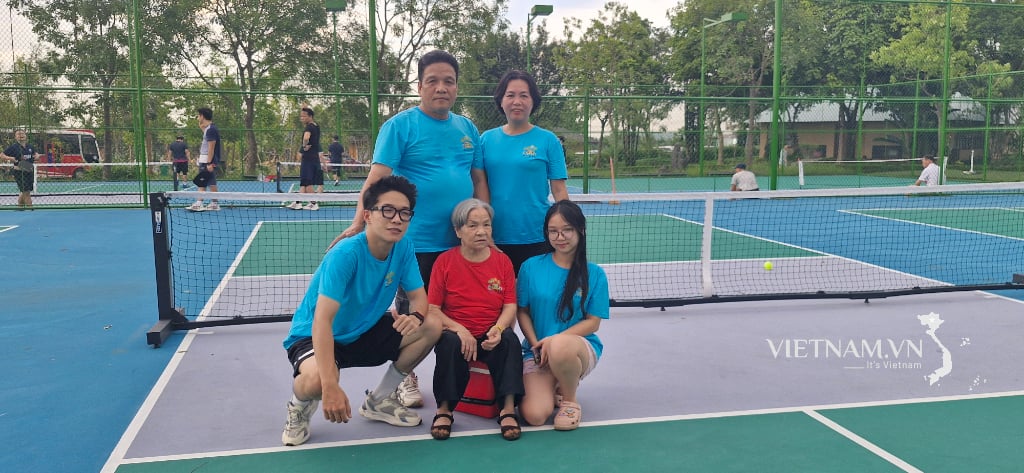

Comment (0)